
Meh! What’s failed? That’s what I want to know. If you are writing and you love what you write and you love the process, then you are not a failed writer. A failed writer to me is the writer who gives up their dream. Self-published writers, if anything, can be said to have zealously embraced the dream.
My idea of success is exactly MY IDEA, and it’s not how many books I sell in a week or a day or a year or in a lifetime or my Amazon ranking. It’s about being happy with what I have written. It’s all about the art for me, and so validation generally comes from my own internal sense of artistic self-worth. For others, validation comes in many different ways: sales for some, reviews for others, or maybe it’s an award or a traditional publishing contract … and sometimes it comes in the form of recognition one might not be expecting. I had this happen over the weekend. An Amazon reviewer/author who had reviewed my novella The Thin Wall contacted me to tell me that a NY Arts Foundation wanted permission to cross-post their review to a new Literary Fiction site they were launching. They had said yes, but they wanted to notify me. In the mean time, I had gotten a Google alert on the posting. I did some research on the site and found it to be legit, and I didn’t specifically know anyone involved with the project. Of course, I was thrilled to death that an Arts Foundation would find literary merit in my work. That is the sort of validation those who write for the art of it hope to get. The only thing nagging at me was the question of how they found my work and why they selected that particular review of it. So I emailed the foundation… Yes, I am bold that way.
Dactyl Review is a new Literary Endeavour funded by The Dactyl Foundation for the Arts and Humanities in NYC, founded in 1996. Ms. Alexander, one of the founding members, is an author herself and has some strong opinions about the current state of the publishing industry, specifically when it comes to Literary Fiction. By Literary they mean:
That the author pays attention to, for example, the sounds, double meanings, etymologies, allusiveness, or rhythms of language. Literary novels are prose poetry, at the sentence level and also at a larger level where themes, characters and events should also relate poetically. The subject of the work is engaged with something that might be called weighty, questioning, for example, how we think, how we make meaning, why things happen the way they do, how we decide what’s right or wrong, or musing over what might have been.
Dactyl’s stance on literary fiction in today’s publishing climate is as follows from their website:
For a number of years, publishing has been dominated by commercial fiction. Literary fiction novels and short story collections by small presses or independent authors have little chance of being noticed by reviewers or placed on bookstore shelves. Even the literary fiction written by relatively well-known writers published by big houses has been pushed to the side by pseudo-literary fiction — written and reviewed by those who don’t know the difference between thought and sentimentality, poetry and the use of adjectives — such that the meaning of “literary” is lost. Moreover, with the way the publishing system is currently organized books aren’t given much time in front of judges and audiences. Those that don’t make it immediately are tossed in the remaindered bin. A deep pity, as literary fiction is slow-growing and takes time to find its audience.
So how did Dactyl find me? According to Ms. Alexander, they are attempting to seed the site while they look for qualified reviewers. That effort included a search of all Amazon Reviewers who use the tags Literary and Literary Fiction and who are published authors themselves. From that list of reviewers, they selected specific books and reviews for inclusion on the site. Books must meet their definition of “literary” as listed above.
Flattering — yes. To have an arts foundation award you by finding literary merit in your work, enough to profile your book alongside Cormac McCarthy, is definitely something. I am still basking in the glow, but now I have to wipe the shine off and get down to business.
Dactyl is looking for reviewers to contribute to the site with original content or cross-posted reviews, doesn’t matter. So…do you qualify to review for the site? Dactyl answers that:
Who Can Submit a Review
Any published [including self-published and micro-press] “literary fiction” writer can contribute a review. No reviews of one’s own work will be accepted. A contributing reviewer must give his/her name and the title of one or more of his/her own book-length works of literary fiction.
What to Review
We accept reviews of books both new and not-so-new. In fact, we encourage reviewers to consider the under-appreciated and older titles of any contemporary author. (No reviews of long-dead classic authors, please.) Only reviews of book-length “literary fiction” will be accepted, including short story collections. It’s okay to review a book that’s already been reviewed on this site. You can also submit any review that you have posted or published elsewhere.
Dactyl Review will not hold copyright on any review and you are free to publish elsewhere. Allow five days for your review to be approved and posted.
More information about submitting reviews can be found here.
Dactyl is also currently running a Literary Award program and information on that can be found here.
Will I be submitting reviews to the Dactyl Review site? I am not sure. I have to confirm that my work being profiled on the site is not a conflict of interest. The Podpeople reviewed my work prior to my joining the team, and actually, a favourable review was a requirement at that time, so we shall see. Whatever happens, it’s nice to have the validation. I have always been happy with what I write, but now I know for certain that I am writing what I am meant to write, even if it isn’t marketable in today’s publishing climate.
You are only a failed writer if you give up the dream of writing. The dream of writing, not publishing.
Cross-posted from the PodPeople blog by Cheryl Anne Gardner
The art is Forbidden Literature by Rene Magritte circa 1936
Get an Editorial Review | Get Amazon Sales & Reviews | Get Edited | Get Beta Readers | Enter the SPR Book Awards | Other Marketing Services











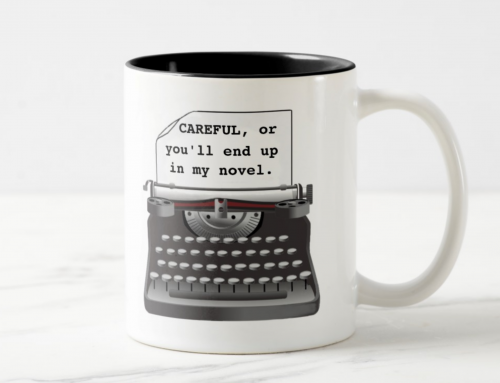
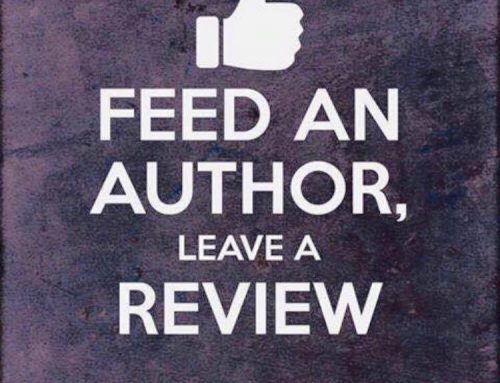
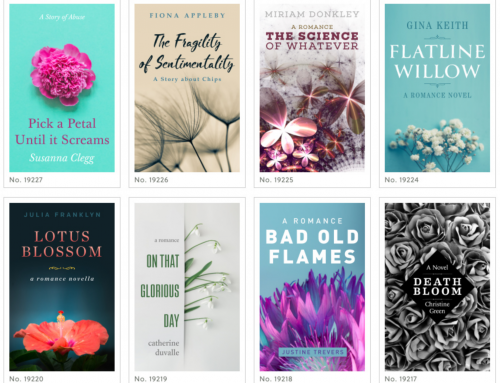

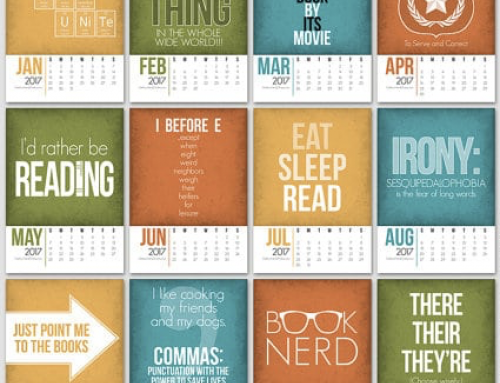

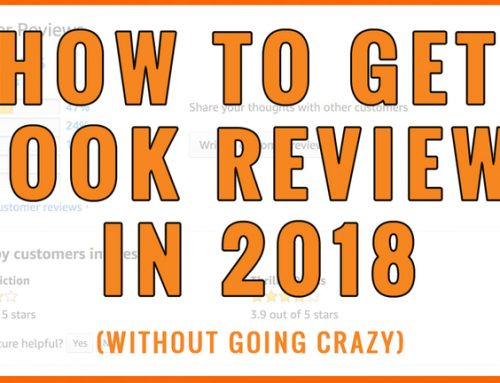


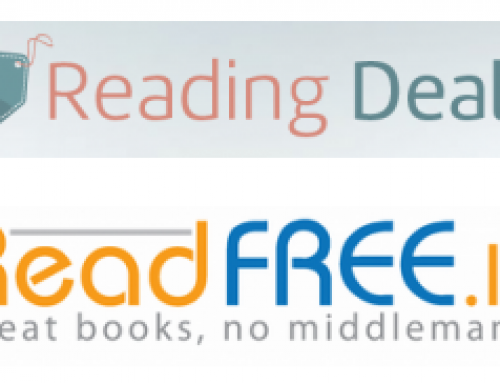
Leave A Comment